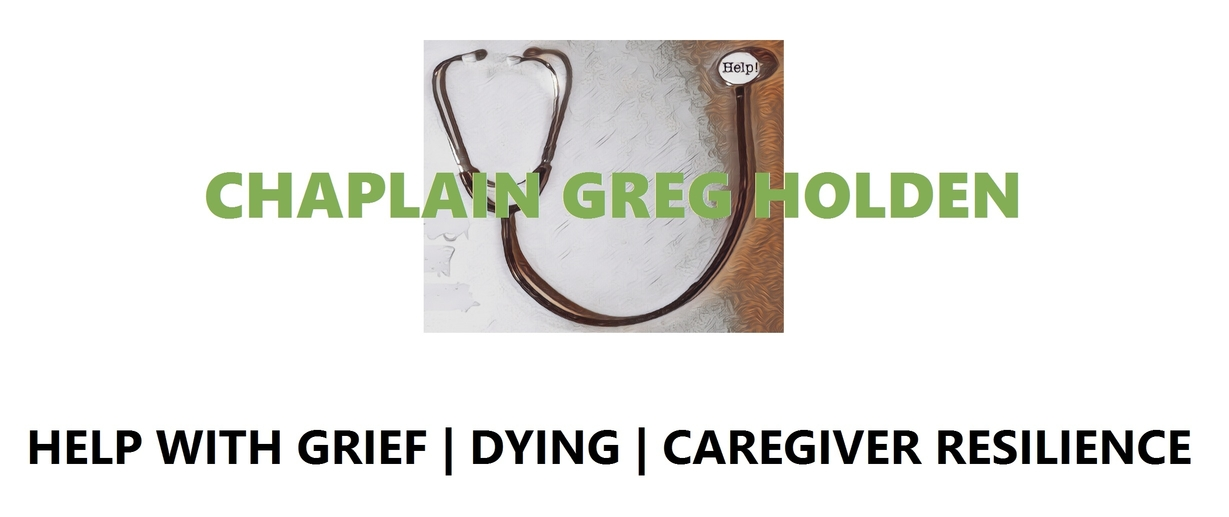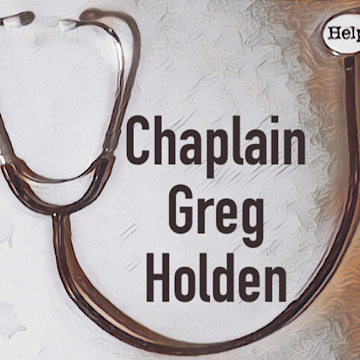Audio Memoir in Q and A Format
This is a profile I did as a “legacy project” for a Chicago-area hospice. I have changed names and personal details. I can create an audio or video record for you as a keepsake for you and your family. I would provide you with a DVD and a transcript of the interview.
I spoke to Octavia on October 10, 2018. This was just a few weeks after her 100th birthday. She welcomed me into her home in Hoffman Estates and agreed to talk about her life as a legacy to her family and friends.
Q. Do many people in your family live to be 100?
Octavia: My father was close. I have three brothers. The older is Eduardo who died at 98. The two younger brothers, twins–one died at 92, the other will be 96 tomorrow. My father passed at 99. Mother died in her 50s.
Q. What would you say is the secret to a long life?
Octavia: I never drank, I never smoked. In house of my brother there was lots of fruit. In Colombia, at that time, beef was cheaper than chicken. Chickens and everything at house. Hunters, father, hunters, It was more politicians in Chile and Ecuador with us, they would say everybody who owns a gun has to give it to us. He respected the laws too much.
Q. What’s the earliest thing you remember?
Octavia: When I used to come from school. I was 12 years approx. And there on the road, I saw my two little brothers. I was 12, the kids were five. I recognized them because they were holding hands. I was afraid for them that they would get lost. I threw down my books and ran behind the brothers to get them.
Q. Did your mother inspire you to get an education yourself?
Octavia: Yes she did inspire me.
My mother used to work for the oldest aunt. In Colombia, we are a mixture of races. Down in the coast by the ocean people have darker skin, and dark eyes. My mother was blond, and white, because her people were from up in the mountains. I am darker like my father. He didn’t like my blond hair. I washed it with tea to make it less blond.
Q. What was it like growing up in Colombia?
Octavia:They called me Manuelita when I was growing up. I wanted to get the first prize all the time. At that time, there were five years of high school before you go to college. In my second year of high school, I didn’t get the first but the second prize. They said I did something wrong, they gave me a second prize even though I did the best. They wanted to give first prize to a famous girl with a rich family. My friend told me, “If I were you, I wouldn’t come back to school any more.” They prepared me for the third year of high school; I let them pay for the next year of high school and everything. Finally I said, “I don’t want to go to school any more.”
I thought my father was going to be very mad. My father said, “She doesn’t need to go to go to that school; they just teach her how to pray.” They put me in a school for sewing, where I learned how to do needlework and how to type. And I learned how to write: the handwriting I had was gorgeous. He said, “When all those teachings were finished, we will take her to the office.” Grandpa was the controller of a boy’s high school, a school of 3000 students.
They called me Manuelita because I was so small. When I went to school the other kids were older and had mustaches and beards and I was so small. I was 15 years old. The students were 3000 boys and one Manuelita.
My father did not take me to school to study; he took me to work with him. Girls were not admitted to the school anyway. At that time there were no spreadsheets. He would control the money so well that not even the principal could take any money unless there was a reason for that. He took me to work with him, for no pay, because there was no position for that. The principal created a position for me and I worked there for many years. I worked until 1940, when I left my job to get married, without going back to school.
Years after, they opened a new position in the same school as a librarian. At that time my brother was a dentist for the school and my father was the controller. The position was presented and they called me to work as a librarian with only a second year of high school education. I had the opportunity to finish high school being there. I went to night school, always. And with that I took courses to be a librarian as well. I worked hard because I didn’t know anything about libraries when I started. I worked many years until my retirement.
Q. Was it unusual at that time, when were you growing up, for a woman to have an education and a job? Why is education so important to you?
Octavia: Yes, at that time it was common that once girls finished high school they could get be wives and get married and have families. To get librarian’s title, I needed to have studies above high school.
In summertime, the school would prosper. In Colombia you have the coast and in the mountains and the jungle. People in the mountains didn’t have school. They would come down and do in three months, one year of high school. That is where I finished high school. We have to put in parentheses, in 1950 my father became completely blind. He stayed all his life and he worked. This is the time my mother got the position to help him, because she did not work before. Before, he was a provider, now he was not. My mother was the provider. This was not seen often in my country.
I had a brother ten years younger than me. They were able to give us an education all the way to college. My brother was 6 months old when my father became blind. My father didn’t physically know them. I was my father’s eyes. I didn’t just tell you this wall is white, I would describe everything in great detail for him.
In parentheses, we are talking about my father, I am very blessed. My father was blind, but he was not lazy. He came to have surgery in the United States, because my uncle joined the army, the air force, and he brought my father to New York, around 1950. They were veterans at military hospital where my father had surgery. My father made friends with Cuban guy, because we have friends at home he would send them American merchandise and he opened up a store of American merchandise. He had a wall with drawers and they all had labels. He memorized what was inside of each drawer. That was for me very important to how my father was. A lady would say, “Don Jose, show me where the blouses are.” He would find it in the correct drawer. We grew up with these two people who really did a lot for us. My brother was close to us until he went to school. At the time my father was born the names of the kid were from the calendar. Even her father would tell my father Don Jose. I married when she was 26 and he was 39.
My father was the first cousin of school friends. When I got married, my father’s one eye was poor but he could see. At that time the cooking oil started. Everybody was using lard, and he introduced cooking oil. Cows in mountains up north to Ecuador. From there he would bring products. This was before I went back to work in school. When father got blind, before I found a job, I sewed for money, I even sewed coats for my own kids. We didn’t even notice anything. I would play with my brothers; I was a tomboy. When I was 10 my little sister died. My sister couldn’t play. She had a heart problem. Grandpa had an enormous house. There was a section with pigeons, rabbit, one section there was a whole fig tree. Grandpa built wings and slides for us.
Q. How was it leaving your home and coming to the U.S.?
Octavia: I love to be with my kids. If I have to be with my kids, I thought, I have to go to like US, I will like the U.S. We came as residents. “If I’m going to live here I am going to become a citizen,” I thought. I passed the test again. After that, it was a problem for people, they won’t get all the benefits a citizen would get. If I had to pass the test because I need it, maybe I wouldn’t pass it. But because I wanted it, I passed it. There were 100 questions. It was fair for me to read the questions. We never stopped going to school because my father became blind or whatever.
My father never let me go out to parties. As a child I read and read and read. I had a teacher. Because I am interested to know why—about everything.

